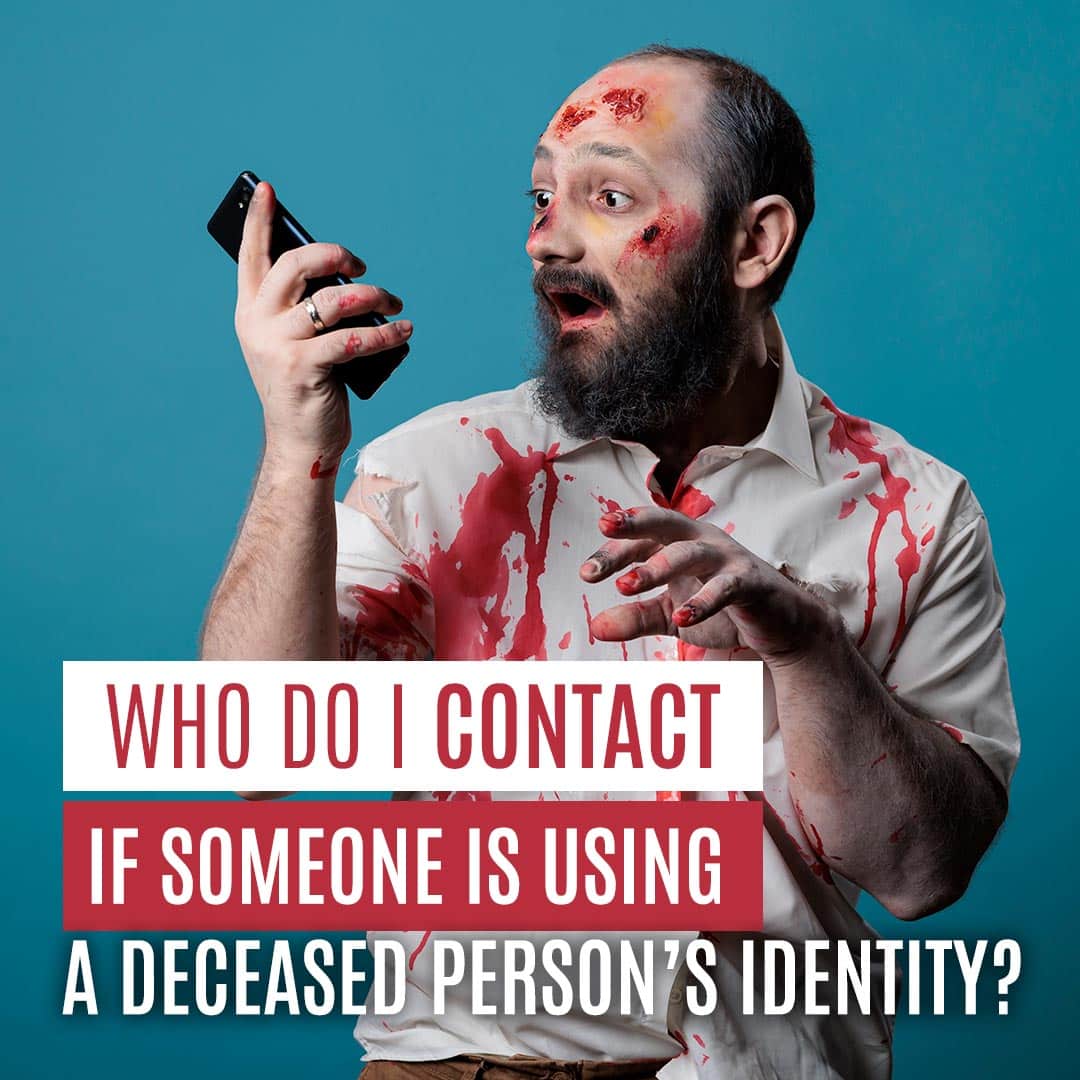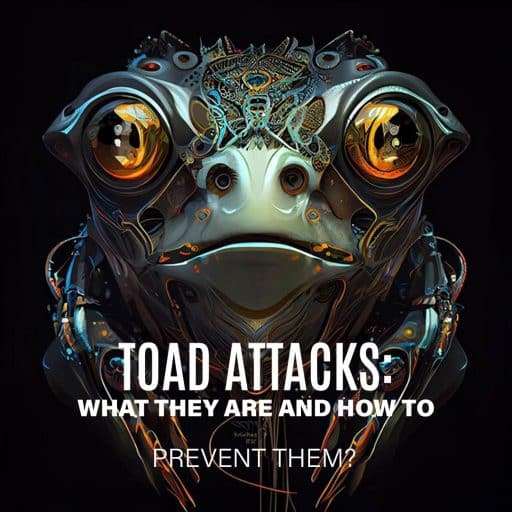Losing someone you love is devastating and difficult to go through. Now, imagine the horror of discovering their identity has been stolen, their memory tainted by fraud and deceit. What’s even worse is that this isn’t a rare occurrence. In fact, it’s a growing threat.
Scammers prey on the vulnerable, and they don’t discriminate, either. They steal from the young and old, the rich and poor, tearing apart the lives of those already grappling with immeasurable loss.
What Is Identity Theft of the Deceased?
Identity theft after death is not a victimless crime. The consequences are devastating and far-reaching. Consider the financial ruin these predators unleash. Bank accounts are drained, credit cards maxed out, and loans taken out in the deceased’s name.
The surviving family, already burdened with grief, is left to untangle the financial mess, often facing insurmountable debt and shattered credit scores. The emotional toll is immense, a cruel twist of the knife during an already difficult time.
But the damage doesn’t stop at finances. These criminals can wreak havoc on the deceased’s reputation, posting harmful content or spreading false information under their name.
The deceased becomes a puppet in a twisted game, their legacy tarnished by the actions of malicious actors. The pain inflicted on loved ones is immeasurable as they witness the digital desecration of the person they cherished.
Why Are Deceased Individuals Targeted?
So why are the deceased targeted? The grim truth is that their information is often less protected. Many assume that once someone passes, their digital presence fades away.
But social media accounts, email addresses, and online profiles often remain active, ripe for exploitation. Grieving families, understandably preoccupied with their loss, may not immediately address these digital vulnerabilities.
Criminals see this as an opportunity, preying on the assumption that loved ones are too overwhelmed to notice or take action. These predators are cunning and relentless.
They scour obituaries and social media for personal details, using any scrap of information to piece together a digital puzzle. They may hack into email accounts, impersonate the deceased online, or even use their social security number to apply for credit.
These tactics are not only illegal but morally reprehensible, exploiting the vulnerability of those who have already suffered a profound loss. The emotional distress inflicted on surviving family and friends is immeasurable, adding another layer of trauma to an already unbearable situation.
These predators are cunning and relentless. They scour obituaries and social media for personal details, using any scrap of information to piece together a digital puzzle. They may hack into email accounts, impersonate the deceased online, or even use their social security number to apply for credit.
Who Do I Contact if Someone Is Using a Deceased Person’s Identity?
So, what should you do in the face of such a violation? For starters, swift action is a must. Don’t let these criminals continue to exploit your loved one’s identity.
Reach out to the following organizations and authorities immediately:
Credit Bureaus
First, contact the major credit bureaus (Equifax, Experian, and TransUnion) and request a “deceased alert” be placed on your loved one’s credit reports. This prevents new accounts from being opened in their name. Provide them with a copy of the death certificate to verify the information.
The Social Security Administration
Next, notify the SSA (Social Security Administration) of your loved one’s passing. This is essential to prevent the misuse of their social security number for fraudulent purposes. The SSA will update their records accordingly and can offer guidance on further steps to take.
The Banks
Don’t forget about banks and financial institutions where your loved one held accounts. Alert them to the situation and provide them with a copy of the death certificate. They will freeze the accounts and guide you through the process of closing them or transferring them to the appropriate beneficiaries.
Social Media
If your loved one had an active presence on social media, reach out to those platforms, as well. Most social media companies have specific procedures for handling accounts of deceased users. You can typically request the removal of the account or have it memorialized.
The Law
Finally, don’t hesitate to reach out to your nearest law enforcement agency. File a police report detailing the identity theft and provide any evidence you have gathered. This not only documents the crime but also initiates an investigation that could lead to the apprehension of the perpetrator.
Remember, thorough documentation is key. Keep records of all your communications with these organizations, including names, dates, and any reference numbers you receive. This paper trail will be invaluable if you need to escalate the issue or pursue legal action.
The proactive steps you take will go a long way in protecting your loved one’s identity. But it will also send a powerful message to the criminals responsible for stealing it.
How Can Digital Forensics Help?
Losing someone we love is devastating, and having their identity stolen on top of that is just cruel. It’s a nightmare no one should have to face alone. Here at Digital Forensics, we get it. The shock, the anger, the confusion — it’s overwhelming, but we’ve been down this road before.
The good news is that you have us on your side. We’re a team of digital experts who specialize in bringing these scammers to justice. Think of us as your partners in this – we’re here to guide you through the whole process every step of the way.
We know time is of the essence in these situations, so we offer a rapid response service that gets you a full report within 24 hours. And with a 90% success rate for our clients, you can trust that we’ll work as hard as it takes to get the results you want. Contact us today to talk.
Sources:
Top 3 Credit Bureaus: How They Work and What They Know About You | Investopedia






